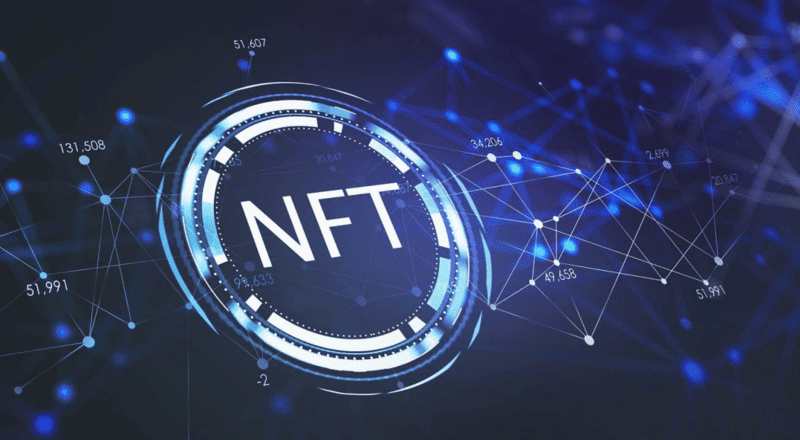What are NFTs and why are they gaining popularity
NFTs are digital assets that are stored on a blockchain. They are unique and cannot be replicated, making them valuable. NFTs have been gaining popularity due to their ability to represent any type of asset, from art to game items. Their tamper-proof nature makes them ideal for collectors and investors. Because of their design, NFTs can be used as digital representations of non-fungible digital assets. By making use of these tokens, you can track the ownership and provenance of a particular item, or in some cases, even the identity. You can then trade, create debt or equity, and even create smart contracts that interact with this asset.
What is an NFT? A brief explanation of what an NFT is
With the world going digital, almost everything we own is now stored online. From our photos and music to our currency, our lives are now mostly contained within the virtual realm. So, what happens when we want to own something that exists solely in the digital world? This is where non-fungible tokens come in. Non-fungible tokens (NFTs) are digital assets that are unique and cannot be replaced. The only other real-world example of this is collectibles. For example, a rare edition of “The Hobbit” or a signed Picasso painting are both unique objects and cannot be replaced with another copy.
How do NFTs work? Learn about how NFTs work and how they differ from other digital assets.
NFTs are digital assets that are unique and non-fungible. This means that they cannot be replaced or exchanged for other assets like traditional cryptocurrencies. So, how do NFTs work?
NFTs are stored on a blockchain, which is a decentralized ledger that records all transactions. When you purchase an NFT, you’re purchasing a token that represents the asset. The token is then stored on the blockchain, and the asset is stored off-chain.
The main difference between NFTs and other digital assets is that NFTs are not interchangeable. Each NFT is unique, and this uniqueness is verified by the blockchain. This means that NFTs can be used to represent things like art, music, or even virtual real estate.
Why are NFTs valuable? The reasons behind the value of NFTs
NFTs, or non-fungible tokens, are a type of cryptocurrency that represents a digital asset. They are unique and cannot be replicated, making them valuable. NFTs are often used to represent items such as art, music, or other digital media.
The value of an NFT comes from its rarity and uniqueness. Unlike other types of cryptocurrencies, NFTs cannot be replicated or exchanged for other tokens. This makes them valuable as collector’s items and allows them to be used in a variety of ways. For example, someone may use an NFT to represent ownership of a piece of digital art.
NFTs have the potential to revolutionize the way we interact with digital content. Their unique properties make them ideal for use in a wide range of applications.
How to Buy NFTs: A Guide on How to Purchase NFTs
NFTs, or non-fungible tokens, have taken the digital world by storm. As more and more people are looking to get involved with this new type of asset, there are a few things you should know before buying your first NFT.
Here is a brief guide on how to purchase NFTs:
1. Do your research: Before investing in any asset, it’s important to do your research and understand what you’re getting into. With NFTs, you should take some time to learn about the different platforms that offer them and how they work.
2. Find a reputable platform: Once you’ve done your research, it’s time to find a reputable platform to buy from. This will ensure that your NFTs are secure, and you can rest assured that they won’t be subject to fraud or theft.
3. Only buy from authorized sellers: On a platform, you should only buy from authorized sellers.
Conclusion
NFTs are a new type of cryptocurrency that has been gaining popularity recently. Non-fungible tokens (NFTs) are non-fungible tokens, which means that each token is unique and cannot be replaced by another token. NFTs have many potential uses, such as for digital art, gaming, and even real estate. While there is still much to learn about NFTs, they hold great promise for the future of the digital economy.

